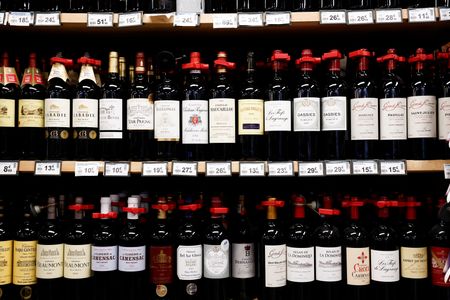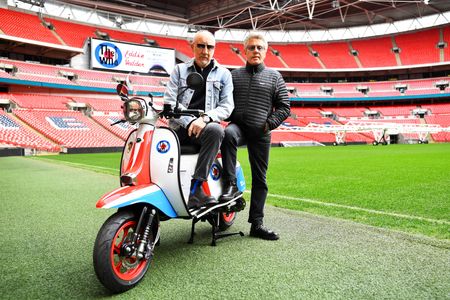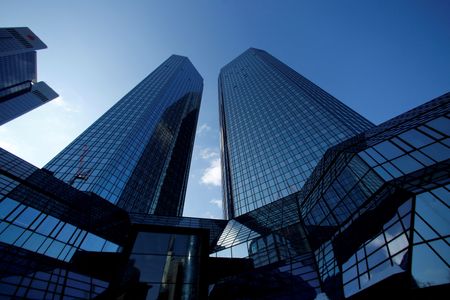By Joshua McElwee, Crispian Balmer and Philip Pullella
VATICAN CITY (Reuters) – White smoke rose from the Sistine Chapel and the bells of St. Peter’s rang out on Thursday, signalling that cardinals have elected a new pope to succeed Pope Francis and take charge of the Roman Catholic Church.
The election came on the first full day of voting by the 133 cardinal electors, who secluded themselves behind the Vatican’s medieval walls on Wednesday afternoon.
A joyous crowd in St. Peter’s Square cheered and applauded as the first puffs of smoke emerged from a small chimney on the roof of the Sistine Chapel, where the cardinals have been holding their secret ballot.
“Long Live the Pope!” the crowds cheered in bright sunshine. “We have a pope!” said one sign held aloft.
The identity of the pope and the name he has chosen as pontiff will be announced to the world shortly from the central balcony of St. Peter’s Basilica.
The new pope will then step forward to deliver his first public address and blessing to the gathered crowds.
Sister Mona Lisa, a Brazilian nun, was in the square waving a Brazilian flag, in tears. “I am so happy we have a pope,” she said.
Pope Francis died on April 21 after ruling the 1.4-billion member Church for 12 years. During his reign he sought to open up the staid institution to the modern world, enacting a range of reforms and allowing debate on divisive issues such as women’s ordination and better inclusion of LGBT Catholics.
While no clear favourites had emerged to succeed him, Italian Cardinal Pietro Parolin, who served as the Vatican’s number two under Francis, and Filipino Cardinal Luis Antonio Tagle were considered the frontrunners.
Other “papabili” – potential papal candidates in Italian – were France’s Jean-Marc Aveline, Hungary’s Peter Erdo, American Robert Prevost, Italy’s Pierbattista Pizzaballa and Filipino Pablo Virgilio David.
The cardinals will have had to decide whether to pick someone to build on Francis’ vision of greater openness and reform, or choose a more conservative figure.
During the conclave their only communication with the outside world was through the smoke emerging from the chimney – black for no pope yet picked, white signalling a new pontiff chosen by a majority of at least two-thirds.
The cardinals held an initial inconclusive vote on Wednesday evening and a further two followed on Thursday morning.
They returned to the Sistine Chapel at 4 p.m. (1400 GMT) and at around 6:08 p.m. (1608 GMT) the white smoke emerged.
During the conclave, cardinals were sequestered from the world and sworn to secrecy, their phones and computers confiscated, while they were shuttled between the Sistine Chapel for voting and two Vatican guesthouses to sleep and dine.
The average number of ballots it has taken to be elected over the past 10 conclaves was 7.2. Francis was elected after five in 2013.
(Reporting by Joshua McElwee, Crispian Balmer, Philip Pullella and Alvise Armellini; Additional reporting by Cristina Carlevaro; Editing by Frances Kerry)




















